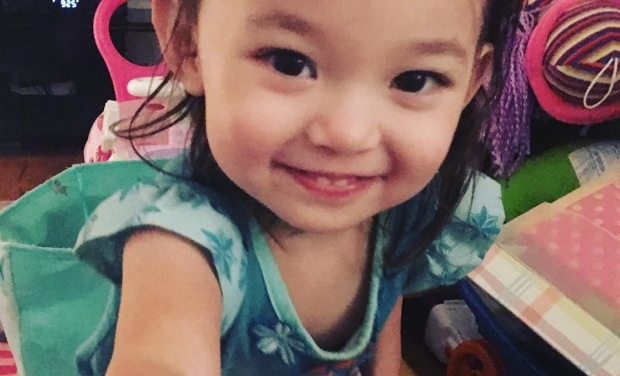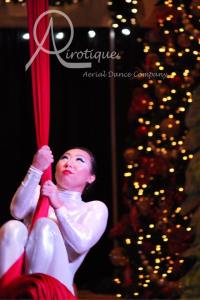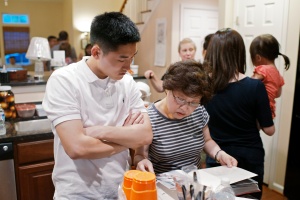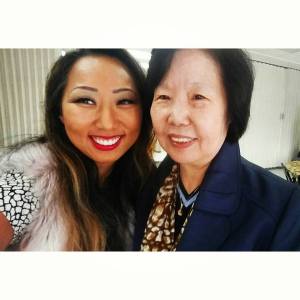I was recently reflecting on a time when I was at a crossroads. I needed to make a decision about taking a job that I felt was a good opportunity even though it meant taking it even though my heart didn’t feel into it. The job was one I really admired and wanted in the past because I felt that it was a very prestigious and highly acclaimed place to work. Years later, upon returning to my hometown, I approached them to see if there was a need for me. They interviewed me and offered me a job. After the interview, I surprisingly didn’t feel exceptionally motivated to take it. Learning about the opportunity made me feel that I already received experience in those same arenas elsewhere. And taking this role would allow less family time with my then 18-month old daughter. But, I felt obligated to take the position. So I took it out of fear. At each point in the process I felt less and less connected to my heart. Even to the point where after I started the onboarding process, I felt dead inside.
About a year later, I finally let this part-time position go. It was, indeed, a position I had outgrown before I even started. Taking it drained my life energy and happiness. It also took a toll on my home life. Within the year of working there, things happened in my personal life that brought up old wounds for me. Being overworked and overtired, I had no energy reserve to garner my strength to deal with these deep-seated issues and very little strength to fight back, which magnified these issues for me. The job didn’t directly add to my experience or my happiness.
This experience made me realize how vitally important it is to follow our hearts and to remain connected with our hearts. It’s in these times when we are following our hearts that we are our best selves. We are our most creative, most genuine, most loving selves. It is then that we can perform our best work and make the best choices. It’s then that we can persevere through life’s inevitable challenges and keep going despite facing obstacles. It’s then that we enjoy and love what we do and are available to love those around us.
One night before the pandemic rendered us unable to go out to work, I came home after working late multiple days for nearly a week without a break day or night. I was the most tired I had been in a long time. On my way home I mulled over this idea of connecting with my heart. So, when I parked in front of my house, I said a quiet prayer– that I would remain connected to my heart that night. I took this quiet moment to set this intention, knowing I’d be very tired and have a level of difficulty being present, engaged, and a healthy communicator with my daughter and my husband. This simple gesture was so profoundly helpful that I wanted to incorporate it into my daily practice.
I realized my daughter was where my heart was– and remaining connected to my heart helped me to connect with her. I was able to maintain my calm, collected demeanor despite her periodic screams of highly emotional, over-tired cries. I remained grounded in a sense of inner peace. It was a major breakthrough for me and one I want to continue to explore. Now that the pandemic has struck and changed the very fabric of what our daily routines look like, I’m still exploring what the idea of connecting to my heart means and how I can incorporate small practices to remain grounded and connected to my heart in these trying days. I still try to find small moments throughout my day to set my intention, or to say a mindful prayer for remaining grounded and connected to my heart. It’s not always easy, but it’s always worthwhile and something that pays dividends.












